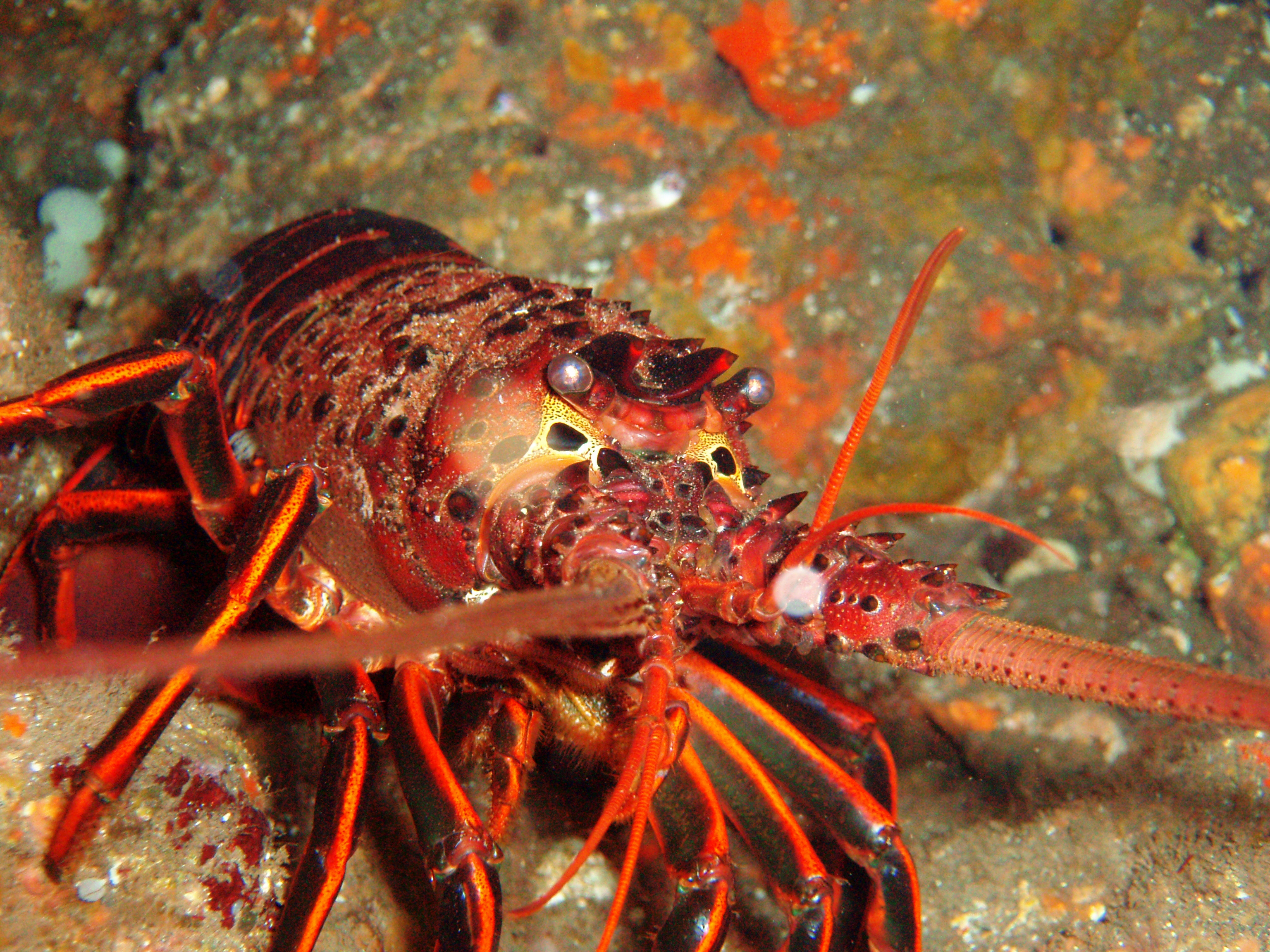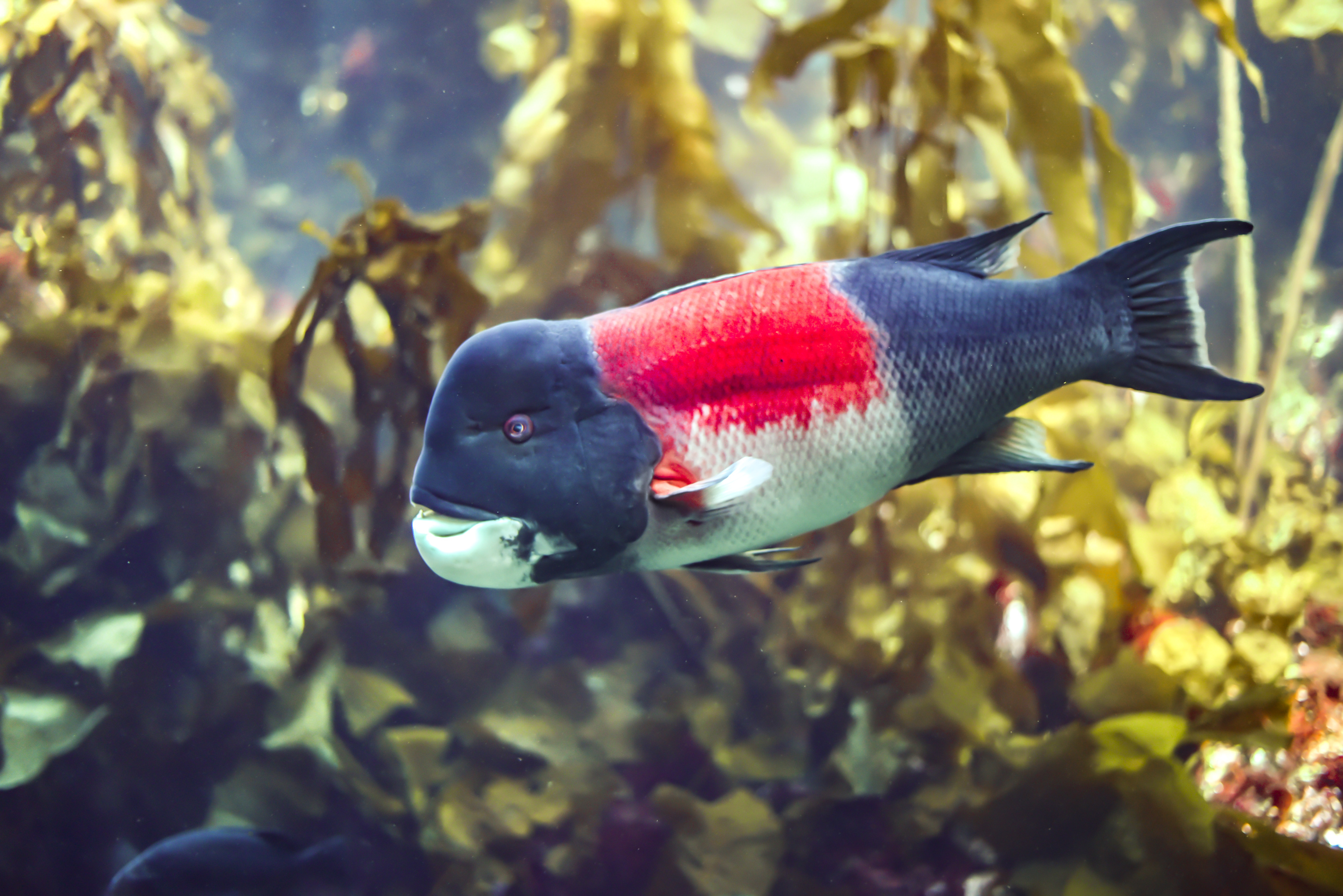Ocean Recoveries Lab
Organismal mechanisms of resilience
We test how temperature, injury, and physiology shape performance—from individual thresholds to ecosystem recovery.
Our research vision
We study organismal thresholds and repair—thermal tolerance, metabolic limits, and wound healing—to explain when individuals recover and how those mechanisms scale to populations and ecosystems.
By pairing field experiments with lab assays and quantitative models, we identify the physiological bottlenecks—and leverage points—for climate adaptation and restoration.
Research themes
We examine how physiology, injury, and partnerships determine whether corals and kelp forest organisms endure stress—and translate those insights into tools for restoration.


Thermal Limits & Climate Stress
Temperature-dependent metabolism and performance (CTmax, acclimation) shaping survival and interactions under warming.

Wound Healing & Regeneration
Rates and trajectories of tissue repair after lesions; how mutualists and cleaning alter recovery.

Physiology–Behavior Links
How warming reshapes foraging, predation, and mutualism—linking energetics to interaction strength.

Decision-Relevant Physiology
From thresholds to tools: translating organismal metrics into monitoring and restoration guidance.
Featured projects

Coral wound healing trajectories
Field assays quantify repair rates and the role of guardians/housekeepers in speeding recovery.
Learn more
Thermal tolerance & acclimation
Lab ramping & field validation link CTmax/acclimation to growth, survival, and behavior.
Learn more
Metabolism & interaction strength
Temperature–metabolism links predict shifts in predation and mutualist services under warming.
Learn more
Mutualists & fertilization
Fish associates fertilize and defend corals—boosting growth and recovery after stress.
Learn moreThermal limits rewire interactions.
Metabolic scaling forecasts temperature-dependent mutualist and predator performance.
As oceans warm, metabolism-driven interaction strengths can flip from facilitation to stress—central to forecasting resilience.
Read the thermal scaling study →Mutualists accelerate healing.
Guardians and cleaners shrink lesion area and boost growth.
Cleaning, anti-predator defence, and fertilisation (CAFI) services can be engineered into restoration designs.
Explore CAFI services →Fertilisation boosts recovery.
Coral-dwelling fishes provide nutrients that raise calcification and healing.
Partner species can be leveraged as living fertilisers—informing which mutualists to protect or seed.
See the bioenergetic model →Physiology guides triage.
Thresholds and CTmax inform which reefs to prioritise—and how.
Embedding organismal limits into decision frameworks helps managers triage interventions under budget constraints.
Link to climate policy guidance →Publications & highlights
-
The metabolic underpinnings of temperature-dependent predation
Mechanistic link between temperature, metabolism, and interaction strength in a key marine predator.
-
Fertilization by coral-dwelling fish promotes coral growth
Mutualist fishes subsidize corals via nutrient inputs, enhancing performance under some conditions.
-
Strong evidence for intraspecific metabolic scaling near 0.89
Performance and energetics framework relevant to thermal tolerance and climate adaptation.
-
Integrating oceans into climate policy
Policy pathways for climate-smart conservation with organismal implications.




Get involved
Collaborate on lab & field experiments, join the lab, or co-develop tools for climate-smart restoration.
Images: Ocean Recoveries Lab (Squarespace-hosted); Unsplash (CC0). Where applicable, credit required and appreciated.